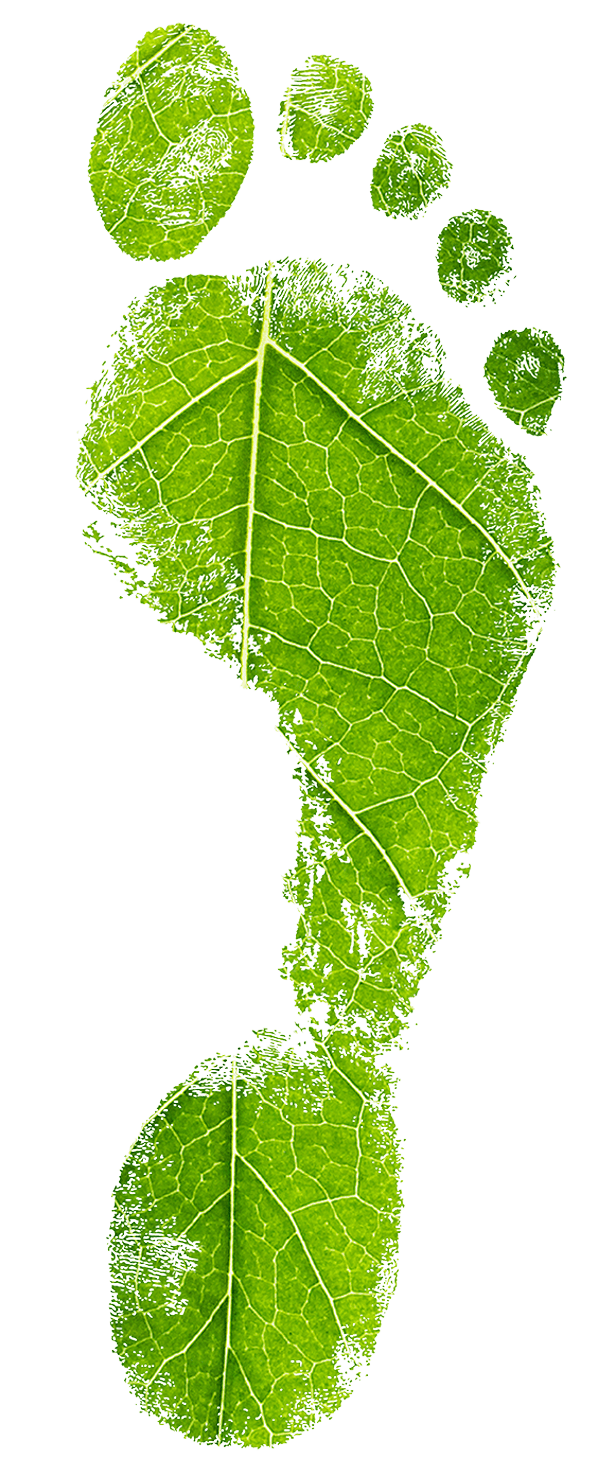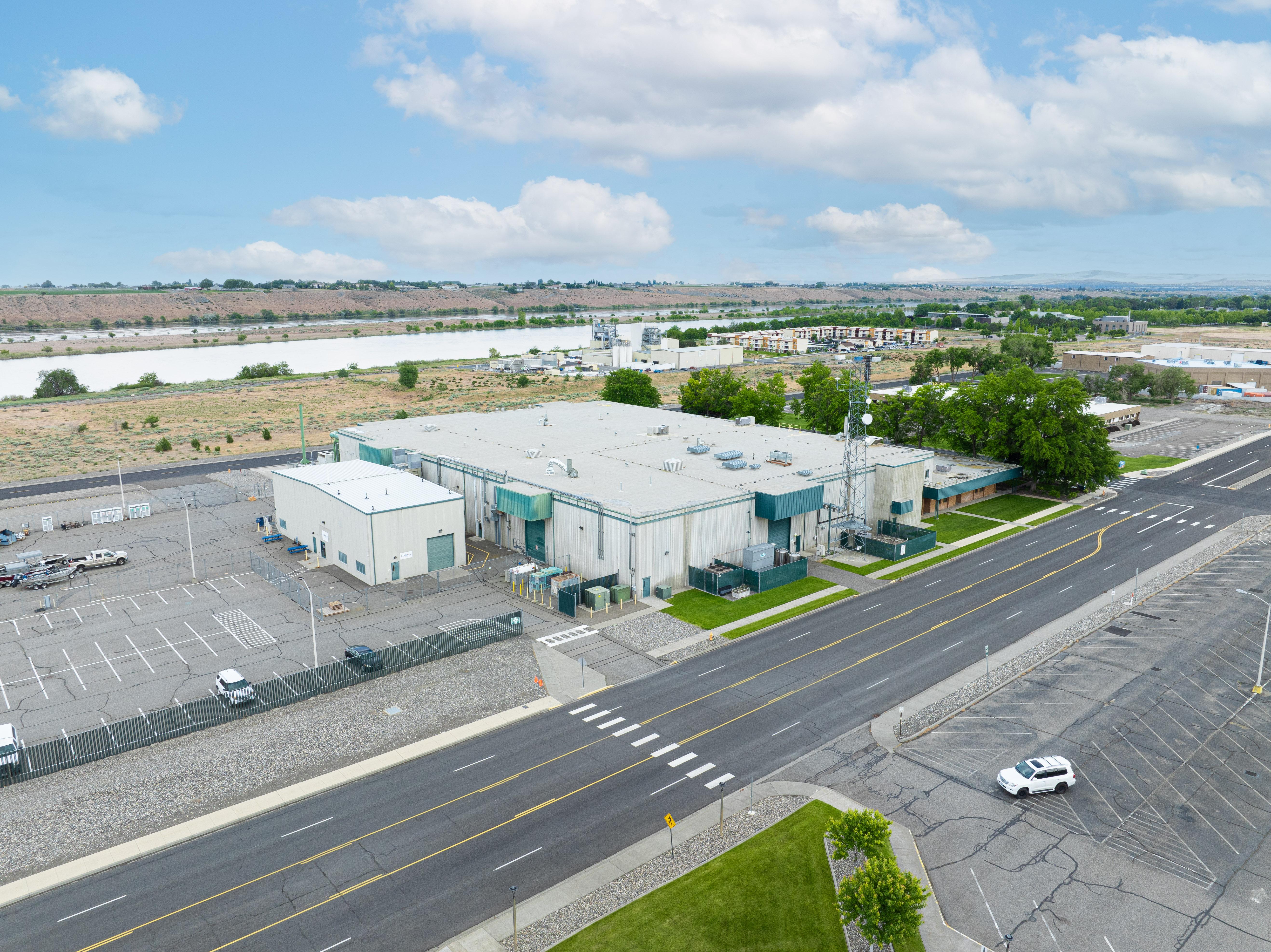Converting Carbon.
Storing Energy.
NEWS
Take a look at recent updates with OCOchem…
What We Do
OCOchem is a pioneer in carbon conversion, developing an innovative approach that mirrors the natural process of photosynthesis. The company specializes in making a platform molecule known as hydrogen formate through CO2 electrolysis, leveraging electricity and advanced engineering technologies instead of sunlight and plant biology to transform carbon dioxide and water into valuable carbon-based molecules. Hydrogen formate is a crucial precursor chemical, providing both carbon and hydrogen instrumental in synthesizing a diverse array of derivative chemicals, fuels and materials. It is the liquid form of energized CO2 ready for use. The process OCOchem uses to make formate is known as “CO2 Electrolysis” which extracts hydrogen from water, using electricity, to chemically bond with CO2, to make formate or H2CO2. It stands out for its high carbon and energy efficiency, ambient pressure and temperature operation, high selectivity, lack of waste by-products, and the ability to utilize clean electricity, which can be generated without CO2 emissions.
By doing so we will increasingly displace fossil-fuel use as a feedstock and as a source of process energy in the carbon-based chemical, material and fuel production industry and thus accelerate the rate of carbon removal by a factor of 7 times relative to CO2 sequestration and 2 times faster than renewable energy displacement of fossil energy. Moreover, we will do so without the land and water intensity of converting food to fuels, without destroying biodiversity and without using scarce rare earth metals.
OCOchem engineers a new way to use CO2, and store energy, OCOchem’s technology helps solve the dual challenges of carbon emissions and more affordable organic molecules for customers interested in reducing their carbon footprint, molecule costs, or both.
Formates are naturally abundant and are made by plants and animals in nature to protect their food from bacteria.
From Waste Stream to Revenue Stream
The carbon flux electrolyzerTM
Formate molecules have many uses.
Formate is utilized in many existing applications such as protecting and preserving crops from pests, fertilizers, solvents, deicing salts, drilling fluids and in manufacturing leather, and textiles. It also plays a crucial role in tire and rubber production, bacterial disinfection, waste and feed water treatment, and is emerging as a liquid carrier molecule for the industrially important gases of hydrogen and syngas, among many other uses.
The most widespread application of formate today, serving as a preservative for freshly harvested hay and alfalfa, underscores the critical role of CO2 in food preservation, ensuring livestock sustenance through winter.
Customers are increasingly drawn to hydrogen formate due to its environmentally friendly profile—boasting zero carbon emissions—and its cost-effectiveness, attributed to its production from inexpensive CO2, water, and clean electricity.
The OCOchem customer set are increasingly driven by the desire for cleaner, more sustainable, and less carbon-intensive products that do not compromise on cost-effectiveness. Moreover, many find added value in the greater price stability offered by OCOchem’s process, which is less susceptible to the volatile pricing of fossil fuels influenced by global market supply and demand dynamics.
OCOchem partners with organizations to finance, build and operate Carbon FluX Electrolyzer facilities to make all forms of formate. These units are designed, deployed and operated by OCOchem and are rapidly deployed in scaled-out arrays of Carbon FluX Electrolyzers. CFX systems operate at ambient conditions and in a load-following way to transform customer’s recycled CO2 and/or surplus and zero-carbon electricity into formate.
By flexibly converting captured carbon and electricity into a flexible organic chemical and hydrogen carrier, companies can tailor their operations to optimize solutions for revenue generation, decarbonization and resiliency objectives.
PRODUCT
TRANSFORMING CO2
Transforming CO2 into an Organic Platform Molecule
Making Hydrogen Formate from CO2 has a 7x multiplier on decarbonization efforts as it a) consumes CO2 and b) avoids using fossil fuels both as a feedstock and the process energy used by the incumbent process.
TECHNOLOGY
impact

Economically & Environmentally Sustainable Molecules
By using recycled carbon, water and zero-carbon energy and displacing the use of petrochemicals to make formate, CO2 emissions are reduced by a factor of 7 for every unit of formate made.
OCOchem’s business model is simple: directly manufacturing and selling formate molecules to customers. Our ultimate goal is ambitious yet clear: to scale out the integration of recycled carbon across various industries to make cleaner and less expensive molecules that displace fossil-fueled derived molecules, and thus more than double the pace of CO2 emission reductions otherwise possible through decarbonizing electricity generation alone.
ABOUT
Electro-Chemical Engineering Start-Up and Scale-Up Experience

Aerial view of OCOchem’s R&D Laboratory in Richland, WA
OCO’s core founding team has over 100 years of 100% private sector start-up and Fortune 500 scale-up experience in chemical engineering, green chemistry, hydrogen processing, advanced separations, electrochemical R&D, and IoT (internet-of-things) across sector-leading companies. Collectively the leadership team has been issued 270 patents and have started and scaled 18 green chemistry start-ups.